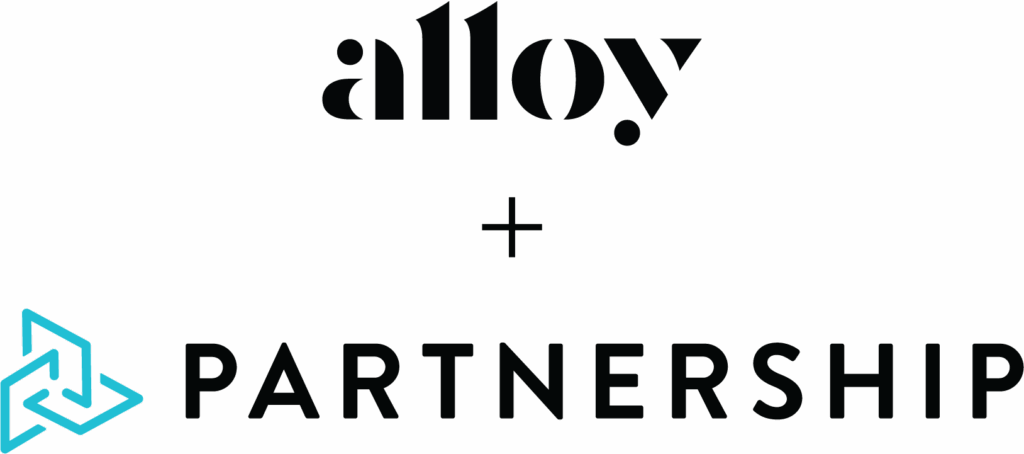The year started with a bang: the implementation from Google’s to phase-out third-party cookies in Chrome. That bold move is a game-changing move with massive implications for privacy and the future of digital advertising. This change is not just about improving privacy; it requires a new approach for marketers to engage with audiences effectively.
A Cookie-Less World
The transition to a cookie-less world comes with its fair share of hurdles. Google’s plan is under the microscope of the U.K.’s Competition and Markets Authority (CMA), a review period that might push the full cookie phase-out to early 2025.
This situation underscores the delicate dance between pushing the envelope in digital innovation and navigating the regulatory landscape. The review period should not mean marketers ignore this change. It just means more time to understand the shift and make the necessary adjustments ahead of the full implementation.
Google is making changes to how ads are targeted. They are replacing third-party cookies with more privacy-friendly methods. This is part of their Privacy Sandbox initiative. The initiative has been met with a fair amount of skepticism from the ad industry. People worry if new methods will really protect privacy or just make Google more powerful in advertising.
How Agencies Are Handling the Change
In this evolving landscape, marketers are fervently exploring new avenues to replace third-party cookies. Strategies such as hashed emails and probabilistic IDs are emerging, allowing for personalized advertising that still respects user privacy. Amidst this complex challenge lies a thrilling opportunity for innovation and adaptation.
Marketing agencies are responding with agility and creativity. Many are adopting an approach called contextual targeting, focusing on the environment in which ads are displayed rather than tracking user activity. This strategy, centered around keywords and content relevancy, presents a viable solution to the challenges posed by cookie deprecation. It allows agencies to maintain ad relevance and effectiveness by aligning ad placements with content that matches their target audience’s interests and intents.
For marketing agencies, navigating through these changes is a clear call-to-action to strike a harmonious balance between innovation and privacy protection. When this equilibrium is achieved, we can cultivate a digital realm that honors user privacy while fostering engaging content.
Change is Constant
By moving away from third-party cookies, we can take the lead in creating a more privacy-focused online world. Not just about following new rules; seizing an opportunity is important. Not just about following new rules, but about seizing an opportunity. Marketing agencies should demonstrate strength and innovation by creating new privacy rules and following existing regulations.
The move away from third-party cookies signals a new era in digital marketing. It makes marketers rethink strategies and offers a chance to improve how businesses connect with audiences. By embracing change and leveraging new technologies, we can forge deeper, more meaningful connections in a cookie-less future.
Worried about the changes? We’re here to help. Contact us today to get started!


